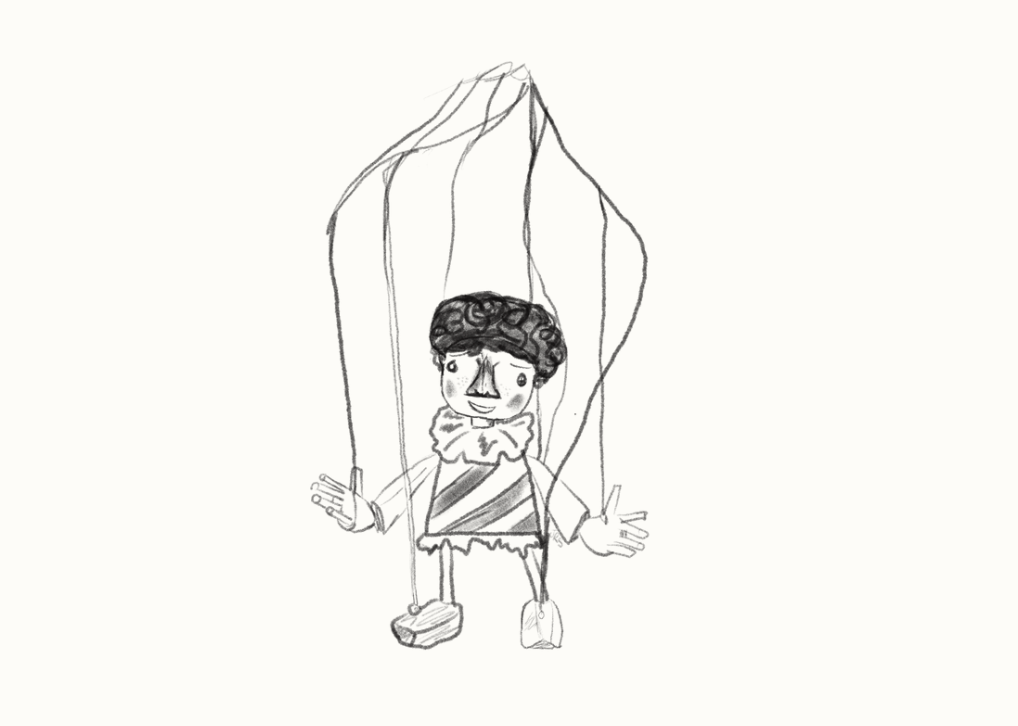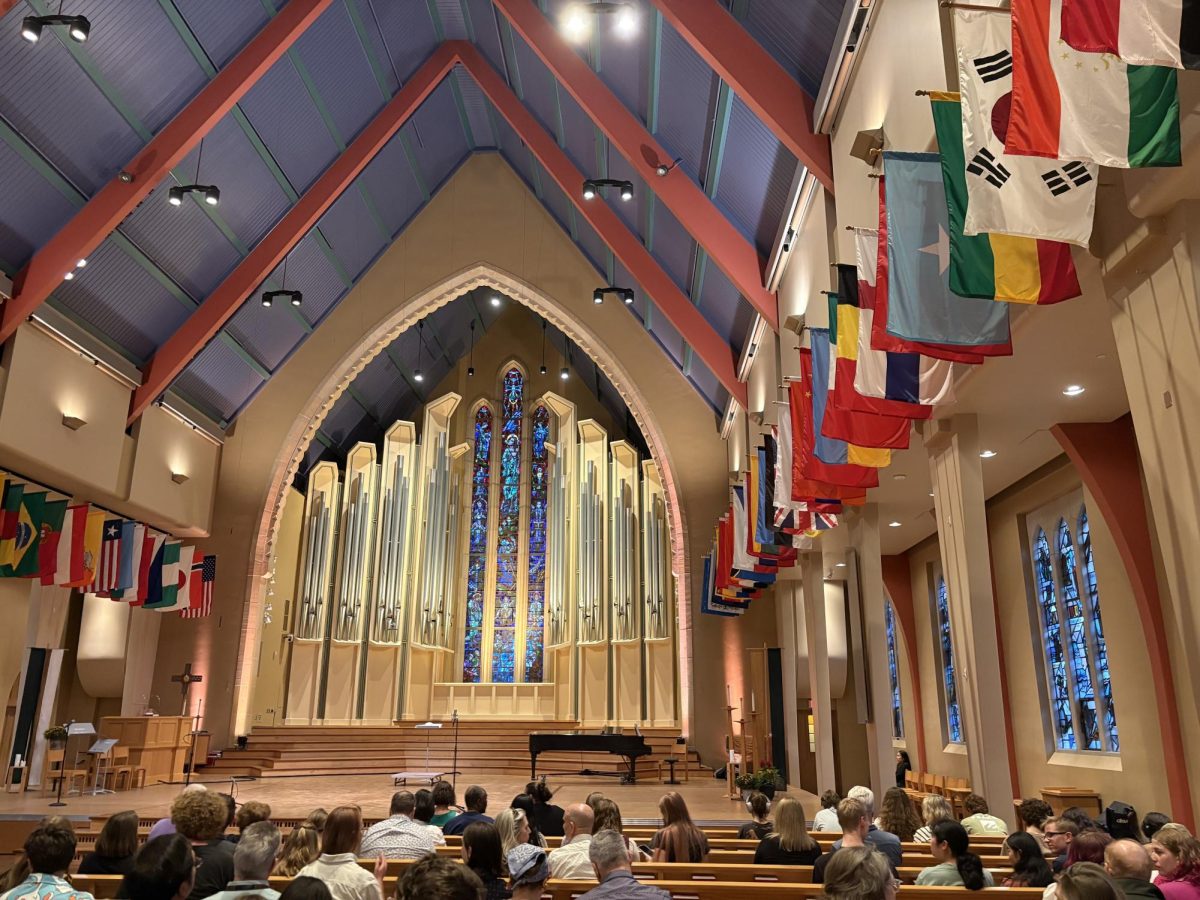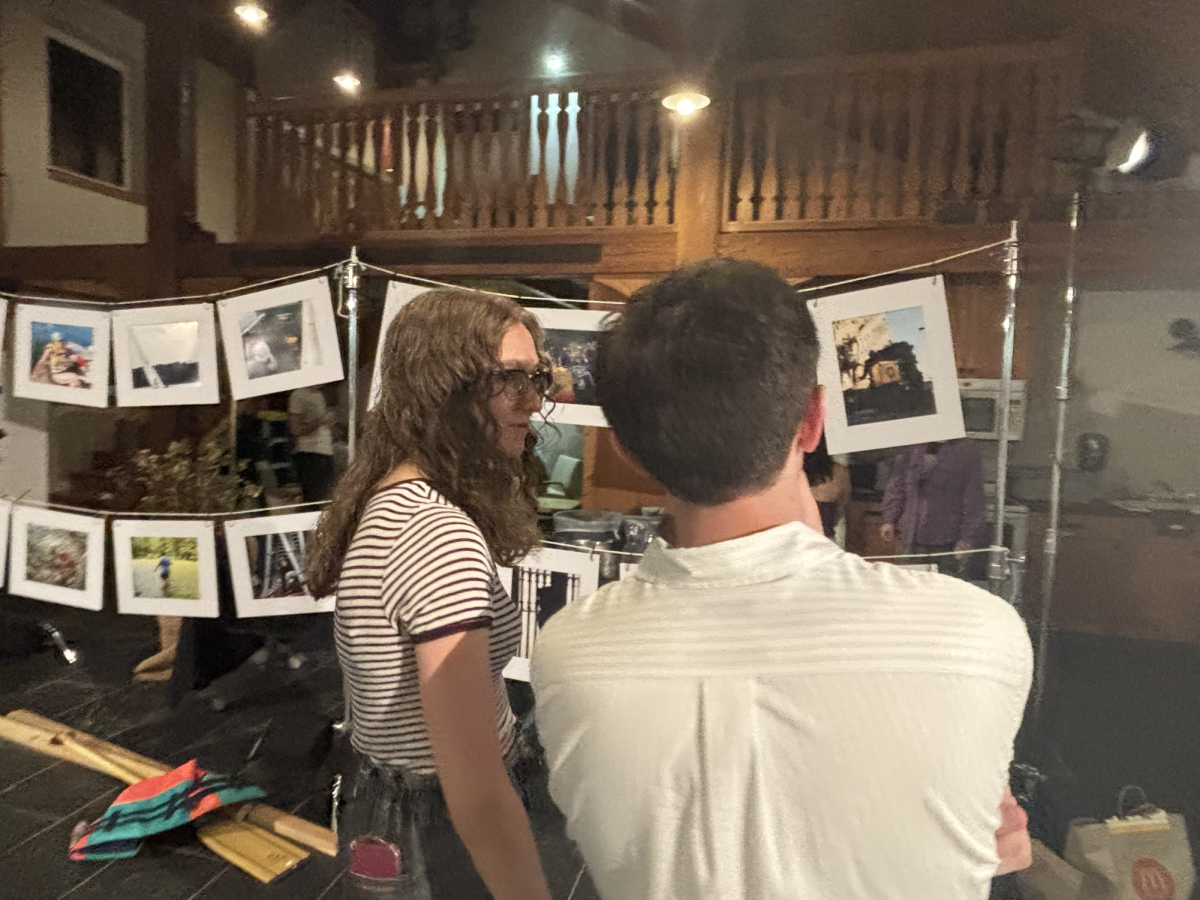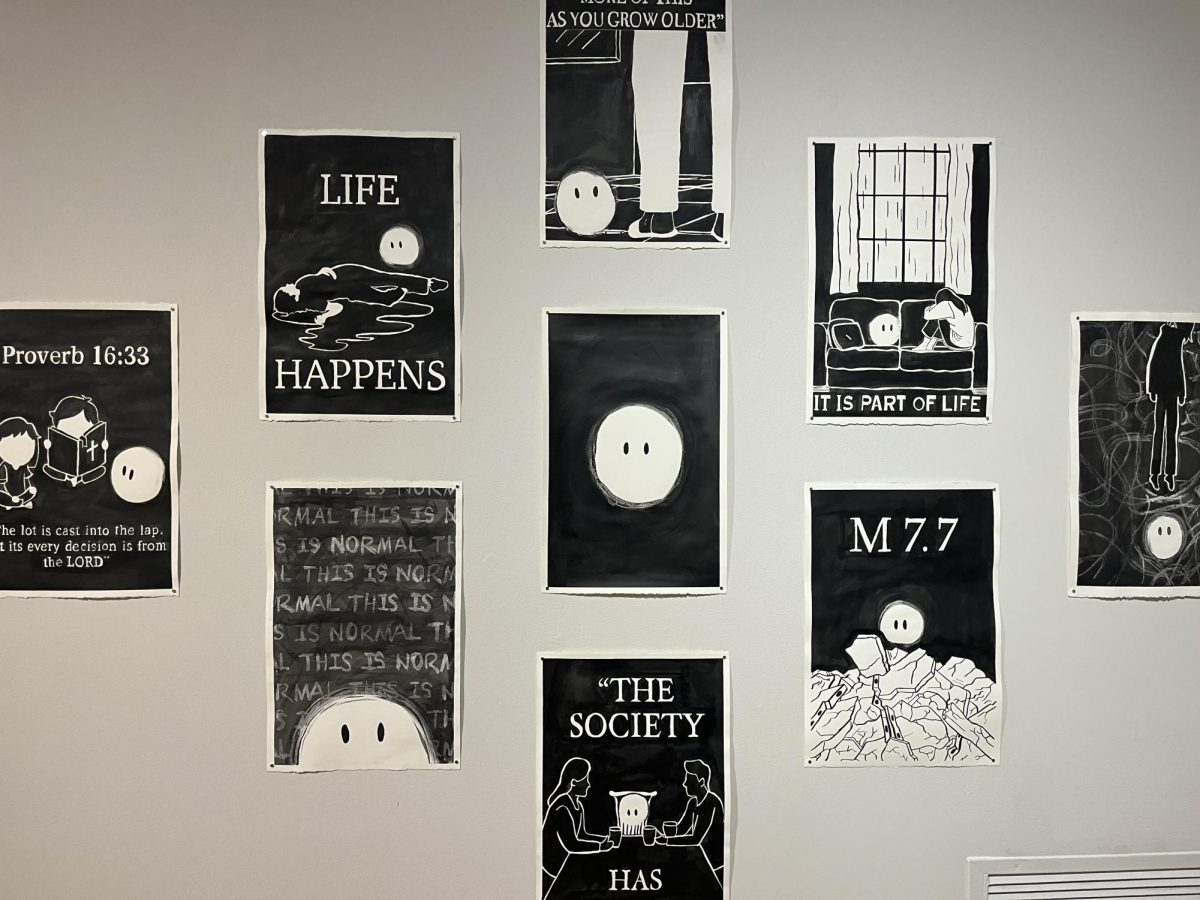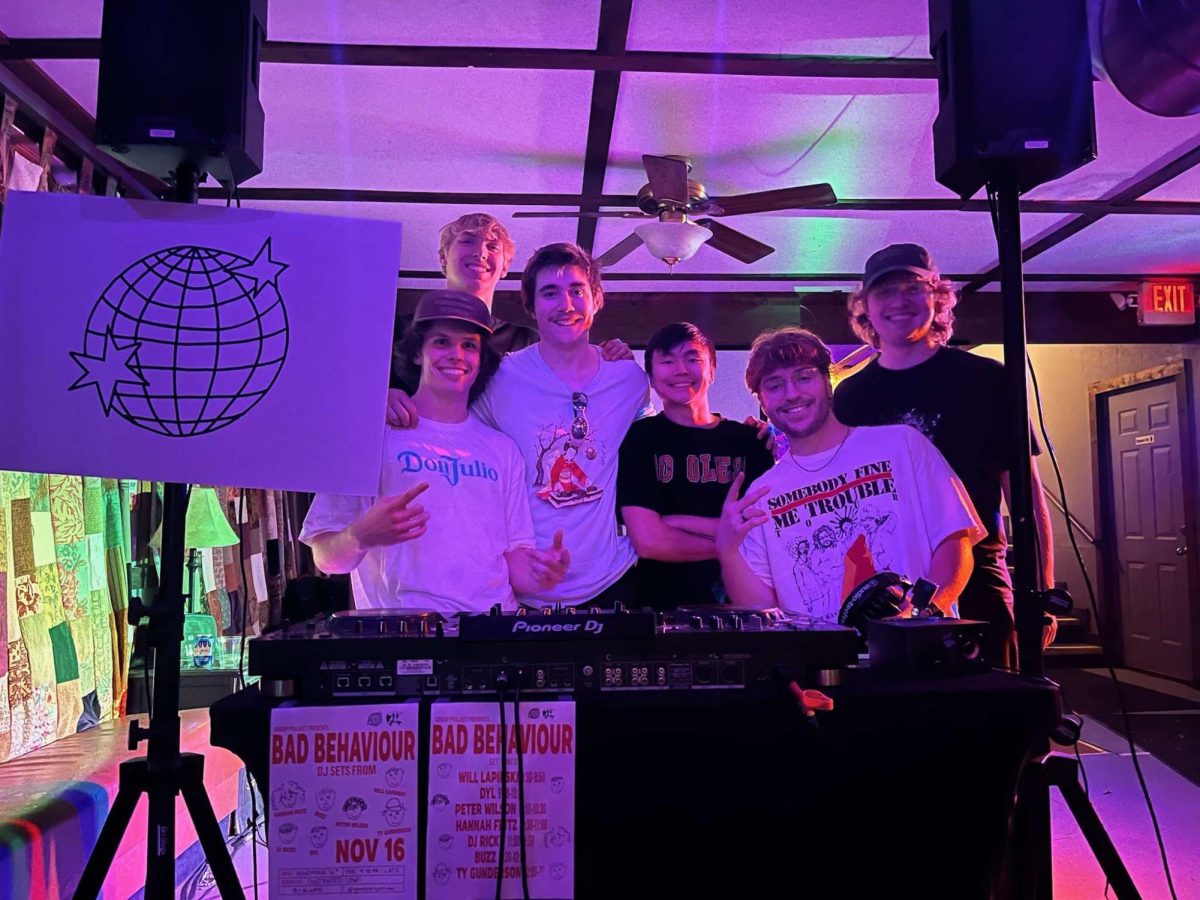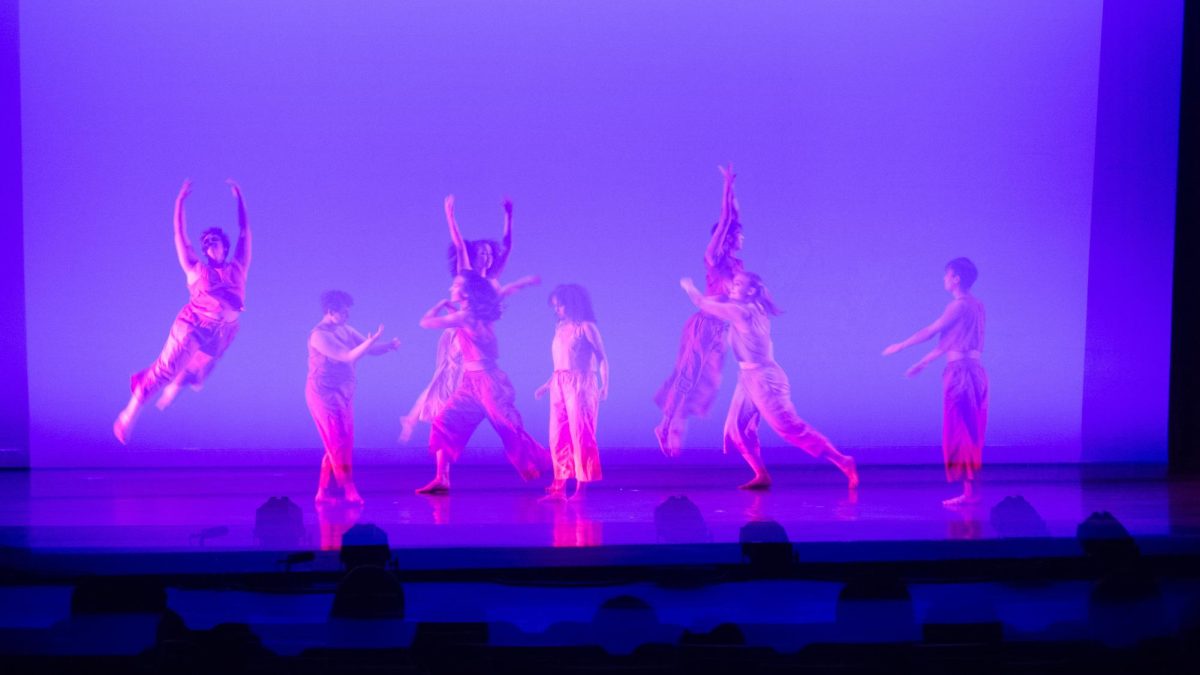In recent years, the St. Olaf Chapel Choir has been working to create an expanded repertoire of music, focusing on LGBTQ+ composers of color. This repertoire has been in process for years, as the choir has been gradually including more pieces centering these voices and topics.
Director and Assistant Professor of Music Tesfa Wondemagegnehu spoke to the Mess about the ongoing conversations about queer issues that he has had in rehearsals for Chapel Choir during his time as director. These conversations led him to commit to performing more music by queer composers and bring attention to these voices.
“As a straight man, is it my place for me to have these conversations when these artists are living?” Wondemagegnehu said.
With this motivation, Wondemagegnehu started finding ways for Chapel Choir to not only add songs to their repertoire by young, queer composers of color, but to create community and conversation along with it.
“The core of what it means to be in Chapel Choir, to me, is to have a personal investment in social justice, and to believe in music’s ability to galvanize deeply necessary changes in our society,” Chapel Choir Member Ruby Erickson ’21 wrote in an email to the Mess.
This movement included visits from the composers themselves via Zoom, in which students were able to ask them questions about their work, their history and what music means to them. The Taylor Center for Equity and Inclusion sponsored and funded these conversations.
The series of guest speakers began with Dr. Marques Garrett, the composer of a piece called “My Heart Be Brave” that Chapel Choir performed last semester. From there, the Choir also heard from composer Mari Valverde ’10 and poet Amir Rabiyah, both of whom worked to created “Our Phoenix,” the piece that Chapel Choir is planning to perform this spring semester.
In the composer’s note, Valverde writes, “This song, I feel, is an act of love. It is likely among the first of its kind with words by a queer, two-spirit poet and music by a transgender female composer.”
Wondemagegnehu furthers his choir’s commitment to elevate the work of queer composers of color through his connection to One Voice Mixed Chorus, one of North America’s largest LGBTQ+ Community Choruses, which is based in St. Paul. Wondemagegnehu is a guest artistic director for the Chorus and has facilitated multiple collaborations between Chapel Choir and the Chorus. He hopes that the connection with One Voice Mixed Chorus will facilitate the recruitment of Chapel Choir members to the chorus after graduation. One Voice and their work also heavily inspired Chapel Choir’s repetoire.
“This shouldn’t be an anomaly. This type of programming, hopefully, one day, it isn’t even a conversation. This is just what we do,” Wondemagegnehu said.
“There is significance in emphasizing marginalized voices to our members individually, as well; as a queer woman, I feel so seen and so loved when we perform something that speaks to LGBTQ+ issues,” Erickson wrote.
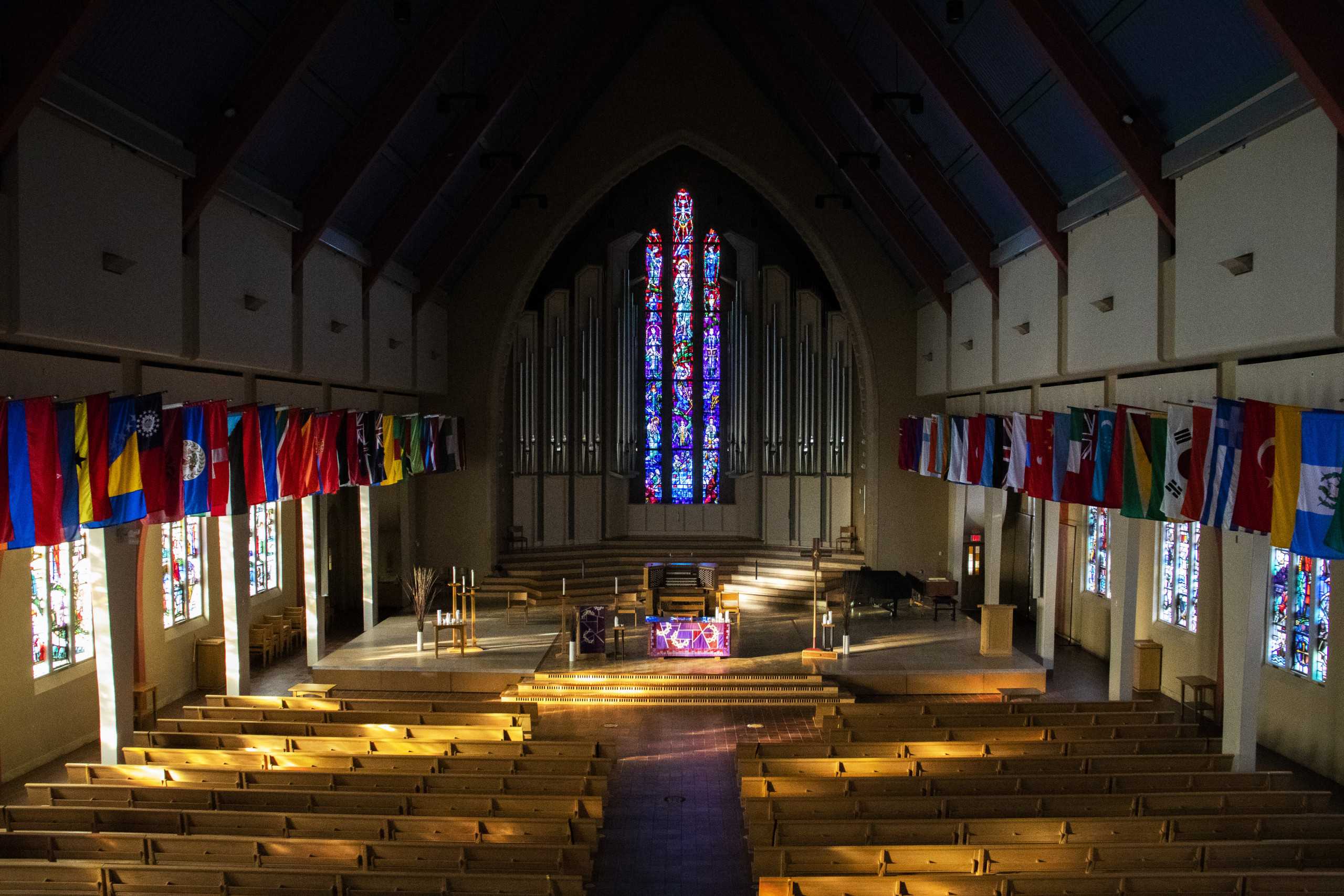
The text of “Our Phoenix:”
My Dear Beautiful People,
Each time you are broken,
I break, I break,
I break a little more
then un-break,
I am piecing myself back together
with the care of a potter’s hands
I clay phoenix
I feel the heat
of our resurrections burning
to glaze our skin into glow
my fire and my kiln
are these words, this space
the intimate threads
of our connection
…
I envision us going on
to eclipse, building, bigger, bigger,
bigger
more luminous
So bright
My beautiful people
our breaking is our making
…
[Let] us dream towards
what we want
beyond survival
Let us dream towards loving
ourselves
over and over again
My beautiful people
I can taste our honeyed victory
My beautiful people
our dangerous sweetness
is our rebellion
